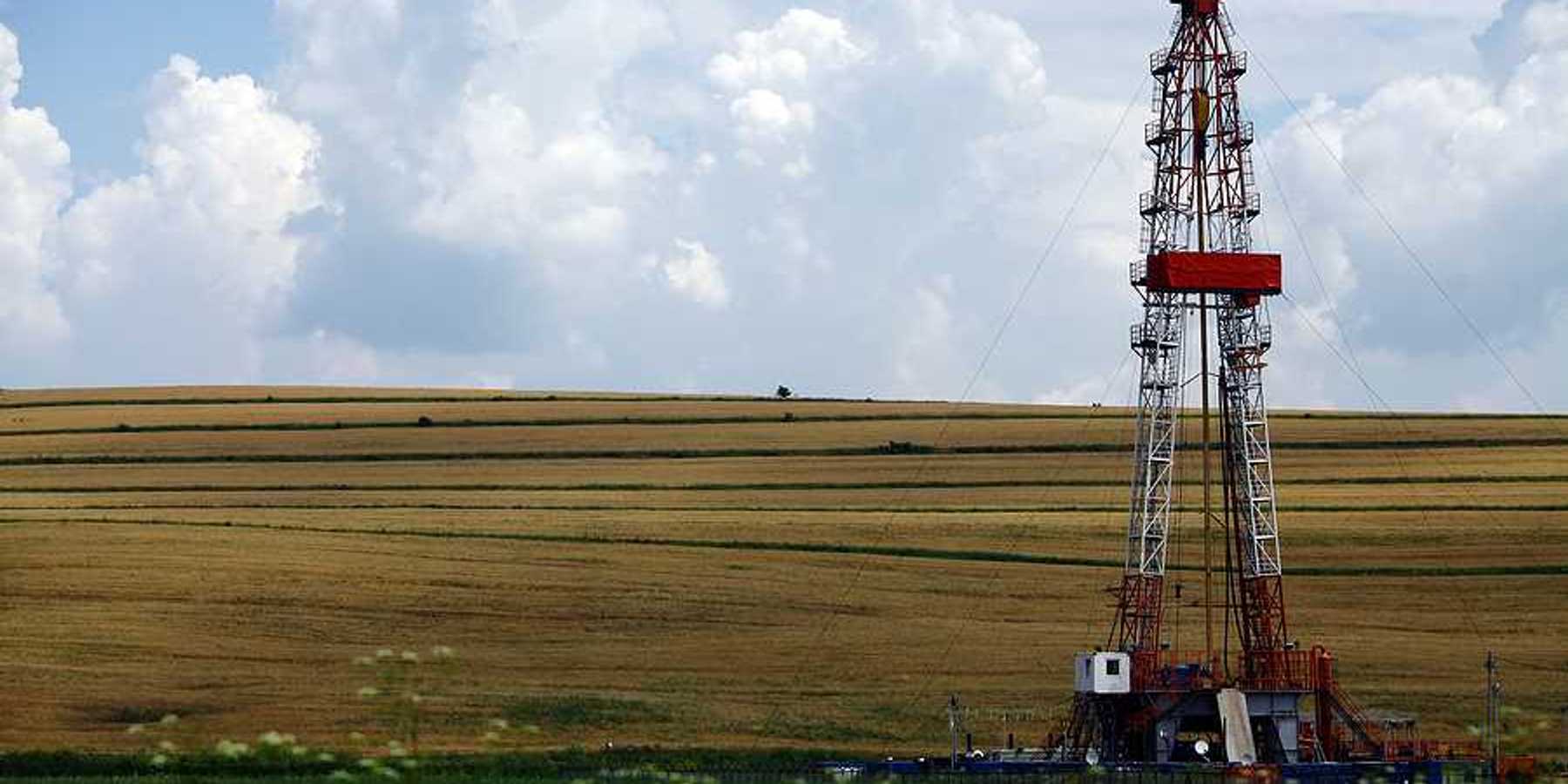Rooftops of schools and stores could power underserved communities
A recent study suggests that solar panels on large commercial and public buildings could significantly reduce the energy equity gap in disadvantaged neighborhoods.
Sachi Kitajima Mulkey reports for Grist.
In short:
- The study, led by Stanford University, found installing solar panels on nonresidential buildings could meet 20% of the power needs in marginalized communities.
- Despite the availability of federal programs aimed at fairer energy access, a notable gap persists in solar power generation between affluent and disadvantaged neighborhoods.
- Community solar projects, supported by recent federal funding, offer a promising avenue for expanding renewable energy access across the United States.
Key quote:
"The renewable energy transition is one of the big pillars of where the government is seeking to spend money. Our research is suppose to contribute to narrowing the equity gap, and to provide an idea of how this can be accomplished."
— Moritz Wussow, data and climate scientist at Stanford University
Why this matters:
From an environmental standpoint, increasing the adoption of solar power reduces the reliance on fossil fuels, thereby decreasing air pollution and improving public health outcomes. This is especially important for underserved communities, which are often located near polluting industries and suffer from higher rates of asthma and other pollution-related health issues.













